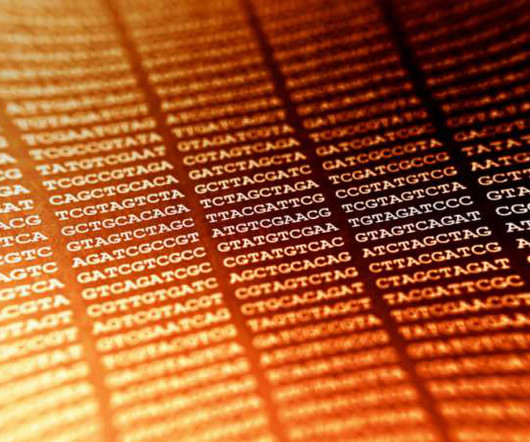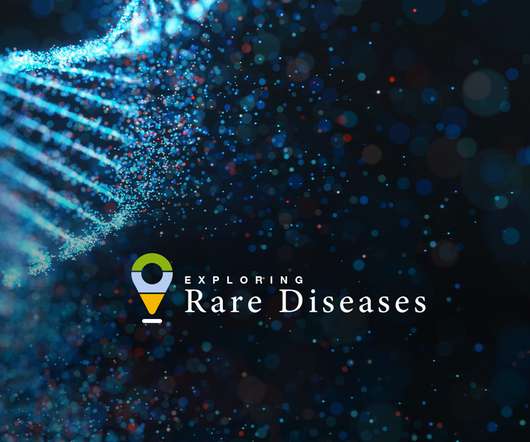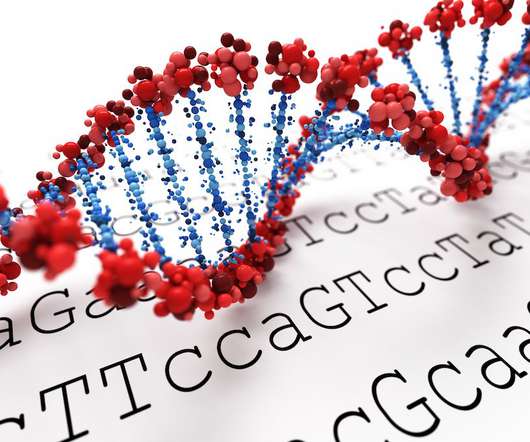Junk DNA: How the dark genome is changing RNA therapies
Drug Discovery World
AUGUST 16, 2023
Samir Ounzain , PhD, CEO & Co-Founder of HAYA Therapeutics, looks at how a better understanding of our DNA can lead to increased activity for RNA therapeutics. In actuality, the protein-coding portion of our genome is comparable in identity and number with the humble fruit fly or worm.



















Let's personalize your content